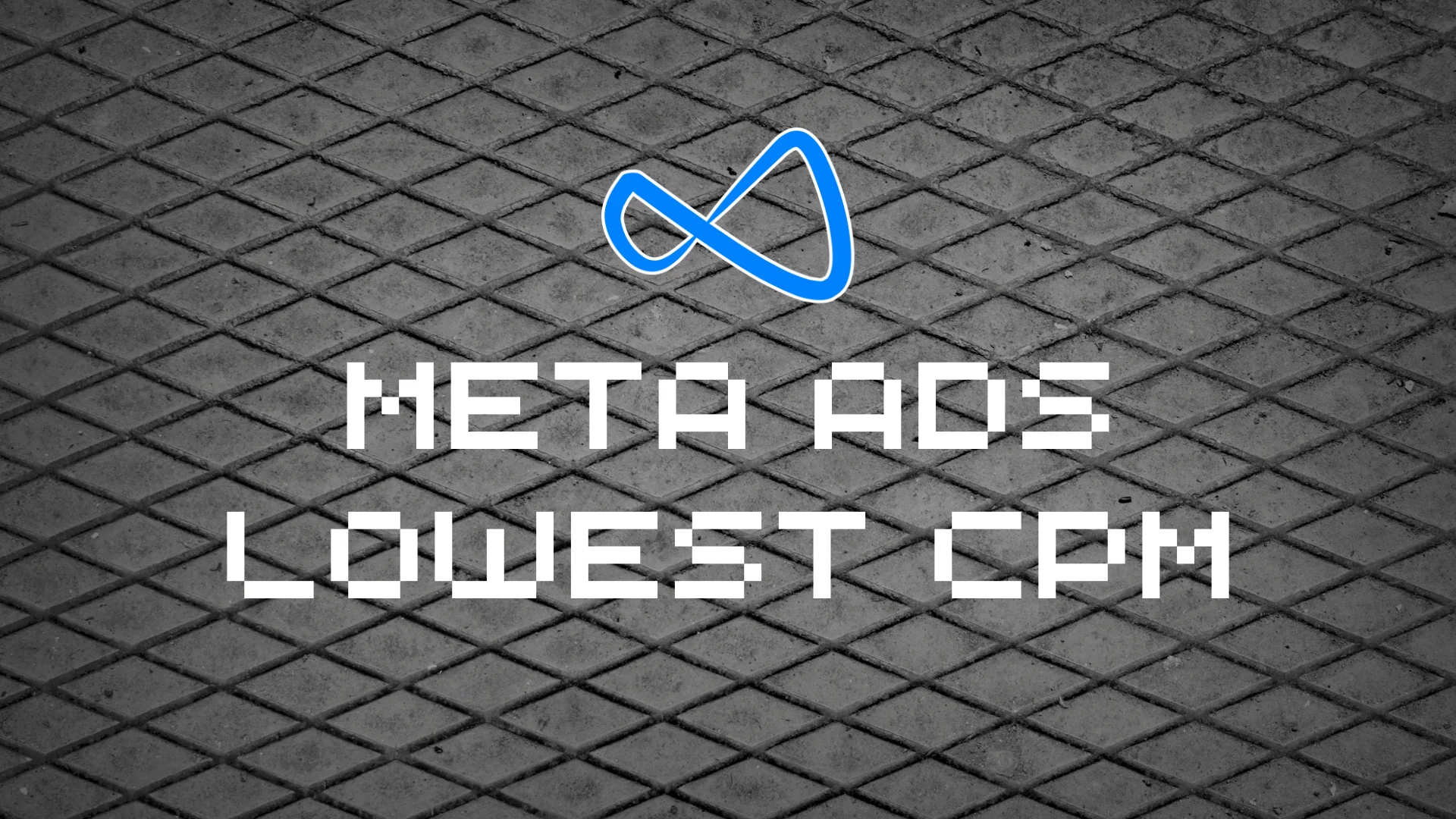The Americans with Disabilities Act (ADA) sets guidelines for making web content accessible to individuals with disabilities. Here, we explore which websites may be exempt from these regulations and the implications of these potential exemptions.
Who is Exempt from ADA Compliance?
Under the Americans with Disabilities Act, certain types of businesses and organizations may not required to meet the same stringent accessibility standards as others. This information provides a general overview of possible exemptions under the ADA and should not be interpreted as legal advice. Here’s a detailed look at those potential exemptions:
Business Size and Operational Period
Private businesses that operate for less than 20 weeks per year and employ fewer than 15 full-time employees daily may be exempt from the ADA’s Title III requirements. This potential exemption acknowledges the limited public impact and resource capabilities of very small or temporary operations.
Religious Entities and Private Clubs
Title III of the ADA may not cover organizations primarily religious or designated as private clubs with restricted membership, including churches, synagogues, mosques, other places of worship, and private clubs that are not open to the public. The rationale here is grounded in the principles of religious freedom and private association rights.
Certain Online Content
The specifics of ADA compliance for websites can sometimes enter a grey area, particularly for personal blogs or content that does not directly facilitate transactions. If a website is purely informational and does not conduct sales or services, it may not be required to comply, especially if it is not linked to a physical business that is a place of public accommodation.
Governmental Websites Exclusions
While Title II of the ADA requires all state and local government websites to be accessible, federal websites operate under Section 508 of the Rehabilitation Act, which has similar but distinct regulations. Some state and local government entities might have specific exemptions based on the nature of the content they provide.
Financial Thresholds
There is also consideration for financial hardship. If implementing accessibility would result in a significant financial burden or fundamentally alter the nature of the service, the entity may be able to claim an exemption, which should be substantiated with concrete evidence and is often subject to legal scrutiny.
Specific Business Operations
The nature of the employer’s operation also plays a role. Accommodations that fundamentally alter the nature of the business may not be required. For example, altering lighting conditions in a setting where specific lighting is essential for the operation could be seen as an undue hardship.
These possible exemptions are crucial for small businesses and organizations to understand as they navigate the complexities of ADA compliance. However, it’s important to remember that the overarching goal of the ADA is to ensure that all individuals have equal access to public goods and services. As such, even exempt organizations are encouraged to consider the benefits of accessibility and inclusivity.























